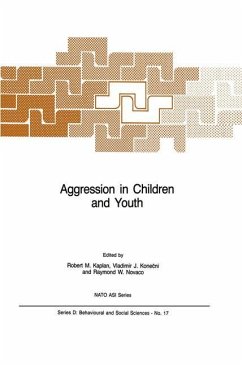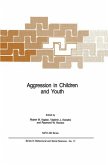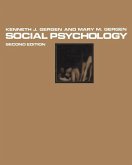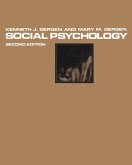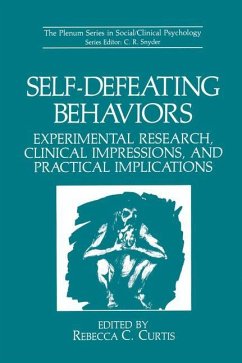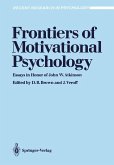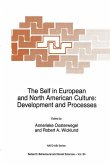Human aggression is a fascinating research topic, but it is of much more than academic importance. To a large extent, the quality of life and perhaps even world survival depend on an adequate understanding of human aggression. Family vi o lence (child battering and spouse abuse), rape, assault, armed robbery, murder, terrorism, and war are all instances of various types of aggression. The ability to regulate and control such acts could have a crucial contribution to the improvement of the quality of life. Aggressive acts in children and youth need to be under stood for three major reasons. First, most Western cultures are witnessing an increasing involvement in violence by youths. Second, the aggressive dispositions formed early in life may set the tone for or contribute to adult aggression. Third, the quality of childhood and the formation of personal ity are influenced by both the expression and inhibition of aggression. The regulation and control of aggression in children and youth can have a profound effect on the institu tions of the family and the educational system as well as on society at large. Most societies are dedicated to maintain ing harmony and to providing nonviolent solutions to human problems and social conflict. A substantial amount of knowledge has accumulated about aggression and its regulation from empirical research, theory, and clinical sources. Because of the social importance of aggression, the study of human aggression in children and youth has become a popular area for scientific research.
Hinweis: Dieser Artikel kann nur an eine deutsche Lieferadresse ausgeliefert werden.
Hinweis: Dieser Artikel kann nur an eine deutsche Lieferadresse ausgeliefert werden.

